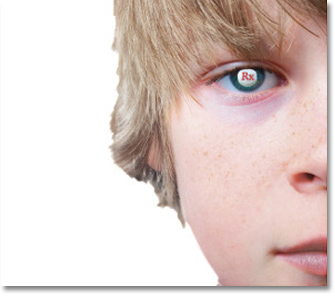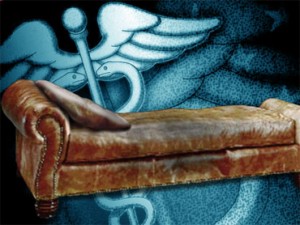
How PTSD took over America
The suffering is very real. We’re not saying that people don’t have difficult emotional experiences and aren’t suffering. What we’re saying is this is not necessarily a disorder that people are experiencing, and if people think like that, it can be very disempowering to them. When we think of ourselves as suffering from a disorder in a medical sense, well we go to the doctor and we expect the doctor to prescribe whatever the medical treatment is. We’re not in the driver’s seat. We go along – we tell them [our] symptoms, they listen to us, they diagnose what the problem is, and then they work out what the appropriate treatment is. That’s the mind-set when we’re working within a medical framework and we think of ourselves as suffering from a disorder. We sit down in front of the therapist and we expect the therapist to be like a doctor – to be looking out for what the symptoms are so that they can make the correct diagnosis and prescribe us the right treatment. The language of PTSD invokes those ideas, and I think it’s those ideas that can be quite unhelpful at times. For what we’re talking about here, if it’s a normal, natural process, what’s really important is for the person to be in the driver’s seat for themselves – to make their own choices, their own decisions, because we’re dealing not with a disorder, but a battle within the person to find new meanings and new ways of understanding the world. That’s what they have to do. Nobody else can do that for them.


